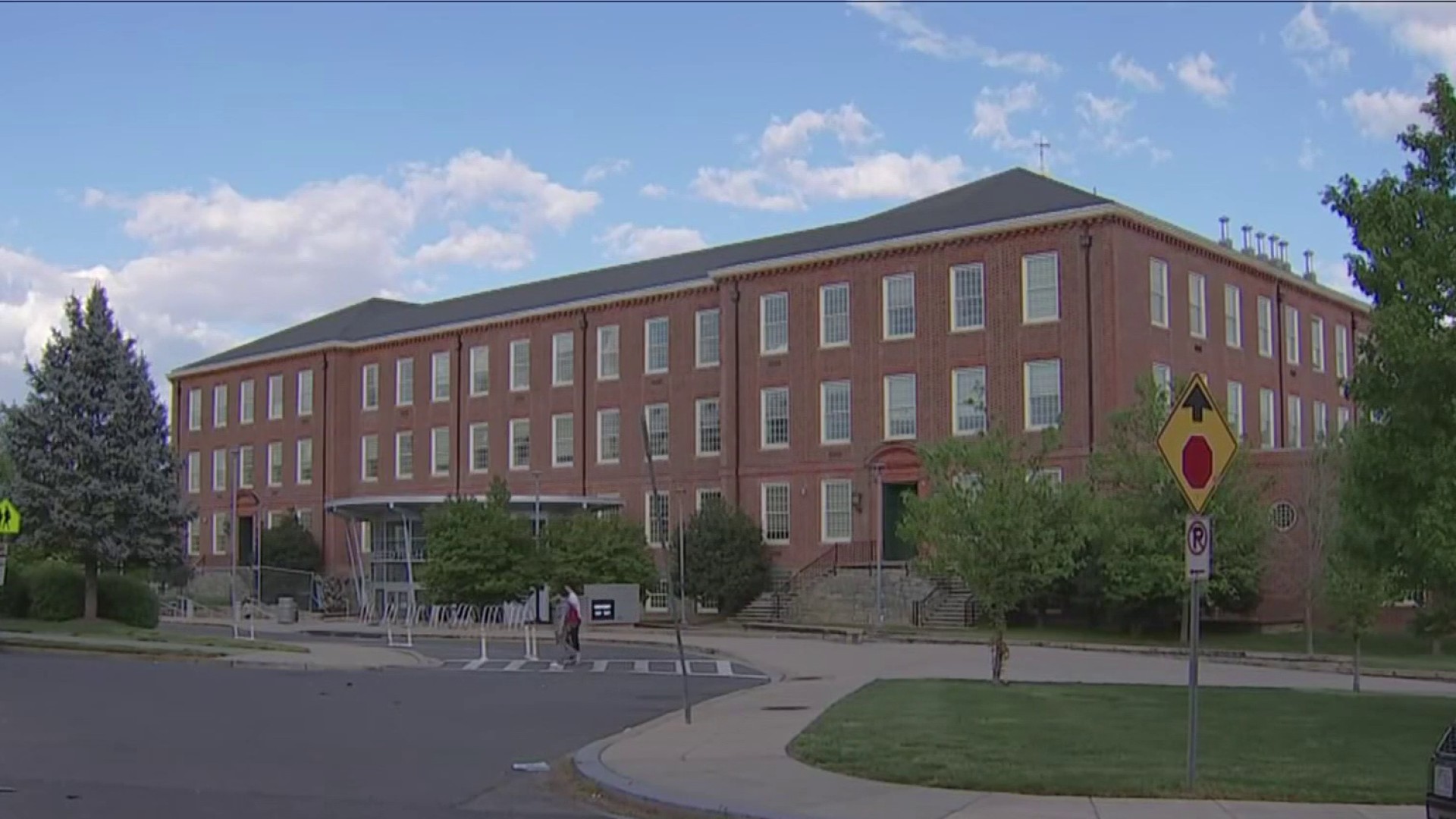After 17 years underground -- and after plenty of headlines heralding their arrival -- Brood II cicadas are starting to pop their beady, red eyes out of the ground in the D.C. metro area.
Reports of the bugs are starting to come in to News4 from Central Virginia, around Manassas and in Fauquier County. This week, viewers have begun to report seeing nymphs and adult cicadas in increasing numbers. (And we want to see your pictures. See below for details.)
We're pretty sure you know this already, but this year sees the return of the Brood II periodical cicadas, which emerge every 17 years in the Northeastern United States to lay eggs.
Brood X cicadas -- another batch that also emerges every 17 years -- last took the region by storm in 2004. In some local neighborhoods, it was nearly impossible to walk down the sidewalks without inadvertently squashing them.
The cicadas command only a brief moment of attention -- they will be gone within four to six weeks -- but they're impossible to ignore while they're here. They swarm to the surface by the hundreds of millions; there are reports of sites thick with 1.5 million cicadas per acre.
The males make an extremely loud buzzing sound to call their mates. The sound of a tree crowded with cicadas has been measured at 90 decibels -- louder than truck traffic.
Local
Washington, D.C., Maryland and Virginia local news, events and information
Just this week, viewers have sent us pictures of plants in Bealeton, Va. loaded with the brown-orange nymphs and the lacy-winged adults. Kevin Ambrose, a contributor to the Washington Post's Capital Weather Gang blog, caught the insects clinging to bark and leaves of trees.
And Radiolab's cicada tracker is showing many reports of nymphs and adults around D.C.
However, not everyone will be blitzed by the bugs. The Mid-Atlantic Cicada Database Project (yes, there is one, with data on its website back to 2004) shows the Brood II zone as stretching up through Central and parts of Northern Virginia, but skipping much of D.C. and Maryland. Brood II is expected to show up again in Berks County, Pa. and through the Lehigh Valley.
Maybe that's not as gross as it sounds. One scientist at the Academy of Natural Scientists in Philadelphia says cicadas are a delicacy; she calls them the "shrimp of the land."
We want to see your pictures of Brood II's (literal) moment in the sun. Tweet pictures to @nbcwashington with #BroodII, or, on Instagram, put #dcgram in the caption field. Or email them to isee@nbcwashington.com or upload them here.
We're collecting the best for News4 and NBCWashington.com.



